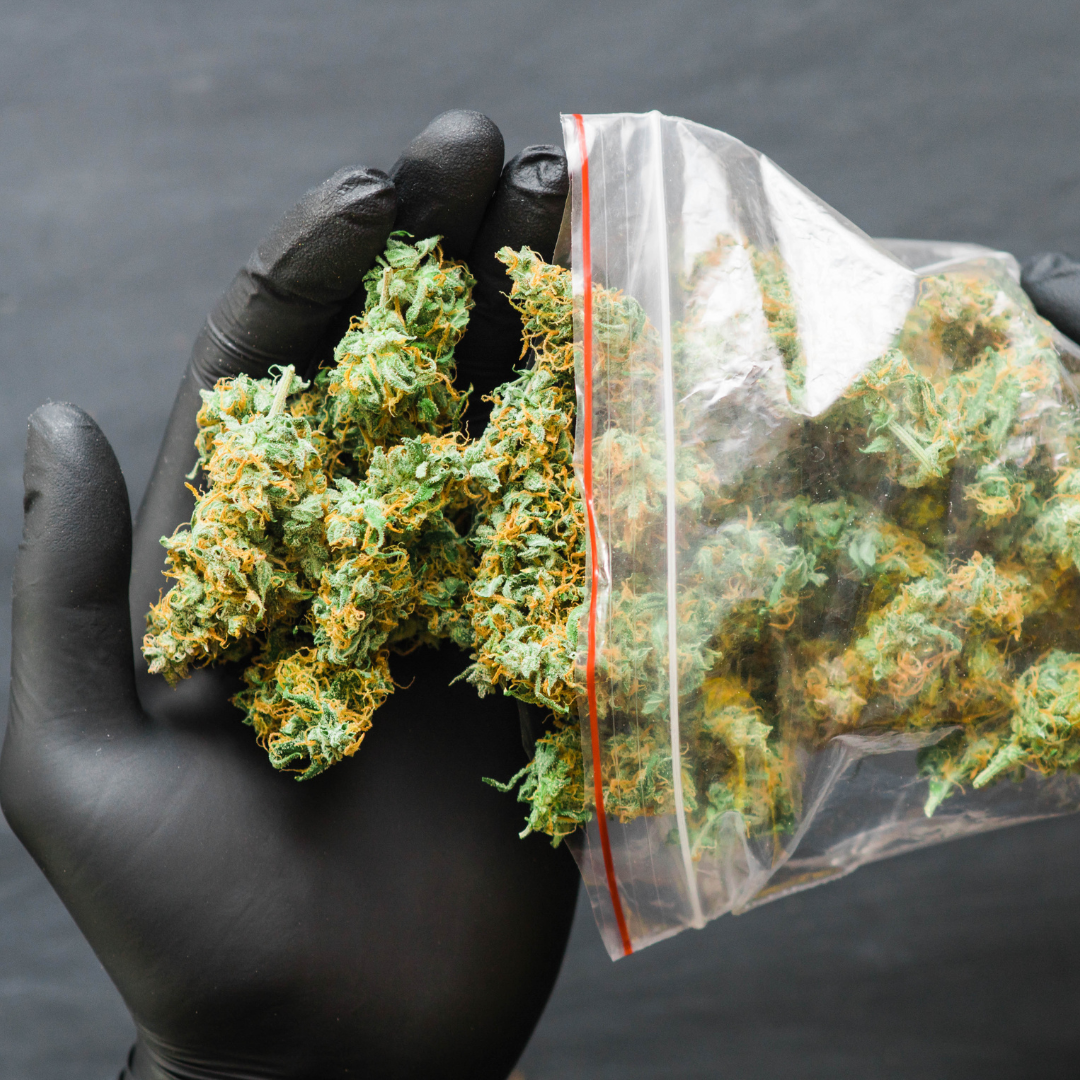
A Global Overview of Cannabis Legalization: Countries Leading the Way
Cannabis legalization has been a hot topic worldwide, with various countries reevaluating their laws surrounding the use, cultivation, and sale of this versatile plant. From medicinal use to full recreational legalization, the landscape of cannabis law is rapidly changing. In this extensive blog post, we will explore the countries that have legalized cannabis, the different frameworks they’ve implemented, and the potential implications of these changes on society and the economy.
The Growing Movement for Legalization
The movement to legalize cannabis has gained momentum over the past few decades, driven by a combination of factors, including:
-
Increased Awareness of Medicinal Benefits: Research highlighting the therapeutic properties of cannabis, particularly for conditions like chronic pain, epilepsy, and anxiety, has spurred public support for legalization.
-
Changing Public Perception: As more people advocate for personal freedom and responsible use, societal attitudes towards cannabis are shifting.
-
Economic Considerations: Legalizing cannabis can lead to significant tax revenue, job creation, and reduced law enforcement costs related to cannabis prohibition.
Countries That Have Legalized Cannabis
1. Canada
In October 2018, Canada became the second country in the world to fully legalize recreational cannabis, following Uruguay. The Cannabis Act allows adults aged 18 and over to possess up to 30 grams of legal cannabis in public, cultivate up to four plants per household, and purchase cannabis from licensed retailers. The framework emphasizes public health and safety, regulating the production, distribution, and sale of cannabis.
2. Uruguay
Uruguay made history in December 2013 by becoming the first country to legalize recreational cannabis. The government regulates the entire cannabis market, allowing citizens to grow their own plants, join cannabis clubs, or purchase cannabis at pharmacies. The initiative aims to combat drug trafficking and improve public health.
3. United States
In the U.S., cannabis legalization varies significantly by state. As of 2023, more than 20 states have legalized recreational cannabis, including California, Colorado, and Illinois. Many other states permit medicinal use, while some maintain full prohibition. The patchwork of laws reflects ongoing debates about federal legalization, as cannabis remains classified as a Schedule I substance under federal law.
4. Mexico
In June 2021, Mexico's Supreme Court ruled that the prohibition of recreational cannabis was unconstitutional. While a comprehensive legalization bill has yet to be enacted, the ruling paves the way for eventual legalization. Medical cannabis was legalized in 2017, allowing patients to access cannabis for therapeutic purposes.
5. South Africa
In September 2018, South Africa's Constitutional Court decriminalized the private use and cultivation of cannabis by adults. While the sale and distribution remain illegal, this ruling marked a significant shift in cannabis policy and has led to discussions about future regulations.
6. New Zealand
In 2020, New Zealand held a referendum on legalizing recreational cannabis. While the measure did not pass, medical cannabis was legalized in 2017, allowing patients access to cannabis products through prescription. The government continues to explore potential reforms related to recreational use.
7. Portugal
Portugal is known for its progressive drug policies. While cannabis is not fully legalized, the country decriminalized all drugs in 2001, including cannabis. This means that possession of small amounts of cannabis is treated as an administrative offense rather than a criminal one, focusing on harm reduction and public health.
8. Israel
Israel is a pioneer in cannabis research and has implemented a medical cannabis program since 2007. While recreational use remains illegal, the country has made strides in expanding access to medical cannabis for patients with various conditions. Recent discussions hint at potential moves toward broader legalization.
9. Germany
Germany has allowed the use of medical cannabis since 2017, enabling patients to access cannabis through prescriptions. In 2022, the government announced plans to explore the legalization of recreational cannabis, indicating a shift in policy toward a more regulated market.
10. Thailand
In 2022, Thailand became the first Southeast Asian country to legalize medical cannabis, allowing patients to use cannabis for therapeutic purposes. The government is also exploring options for the cultivation and sale of cannabis, indicating a potential shift towards broader legalization in the future.
Implications of Cannabis Legalization
The legalization of cannabis in various countries comes with a range of implications, both positive and negative:
Economic Impact
- Tax Revenue: Legal cannabis markets generate significant tax revenue, which can be reinvested in public services like healthcare and education.
- Job Creation: The cannabis industry has created thousands of jobs in cultivation, retail, and related sectors.
Social Justice
- Reduction of Criminal Penalties: Legalization can lead to reduced incarceration rates for drug-related offenses, addressing disparities in law enforcement practices.
- Public Health Initiatives: Legal frameworks can promote safer use and education about cannabis, reducing risks associated with unregulated markets.
Health Considerations
- Increased Access to Medical Cannabis: Patients can access cannabis for various medical conditions, improving their quality of life.
- Public Health Challenges: Legalization also raises concerns about increased usage among youth and the need for robust public health strategies to address potential risks.
Conclusion
The legalization of cannabis is a dynamic and evolving issue, with countries around the world taking different approaches to regulation and access. From Uruguay’s pioneering efforts to the ongoing debates in the United States, the landscape of cannabis law is shifting rapidly. As more nations consider legalization, the potential economic, social, and health impacts will continue to be critical areas of discussion.
Whether you’re an advocate for legalization or a concerned citizen, understanding the complexities and implications of cannabis laws is essential in navigating this changing landscape. As research continues and public opinion evolves, we may see further transformations in cannabis policy worldwide.